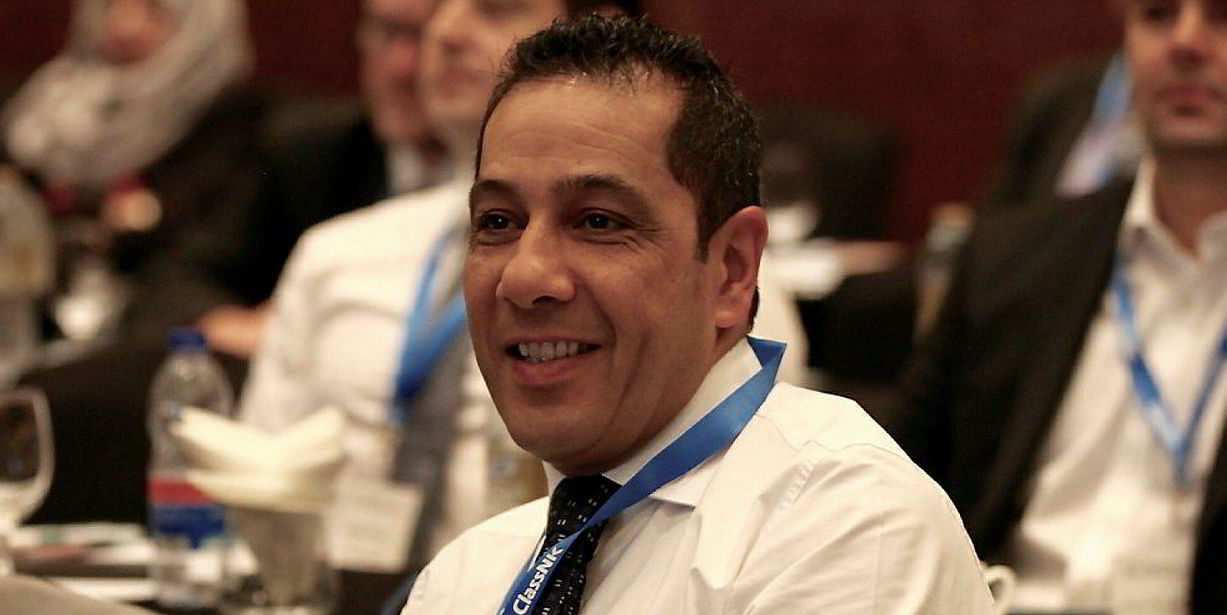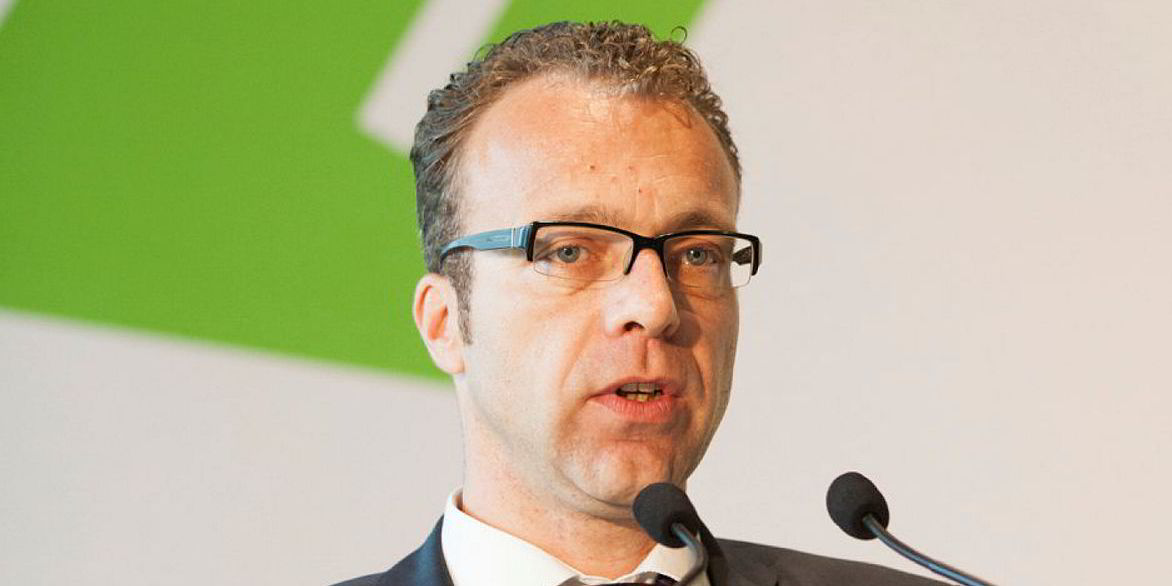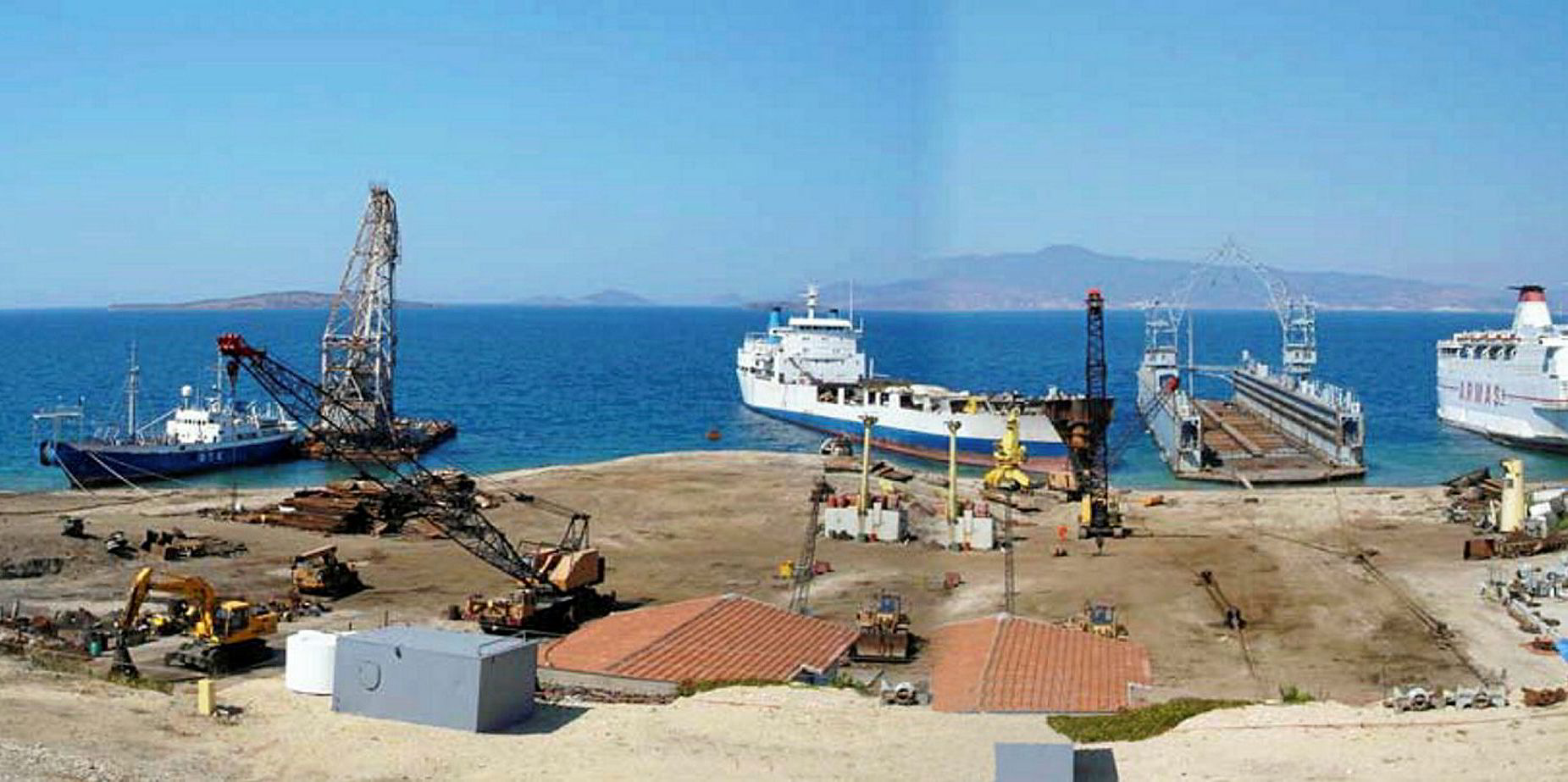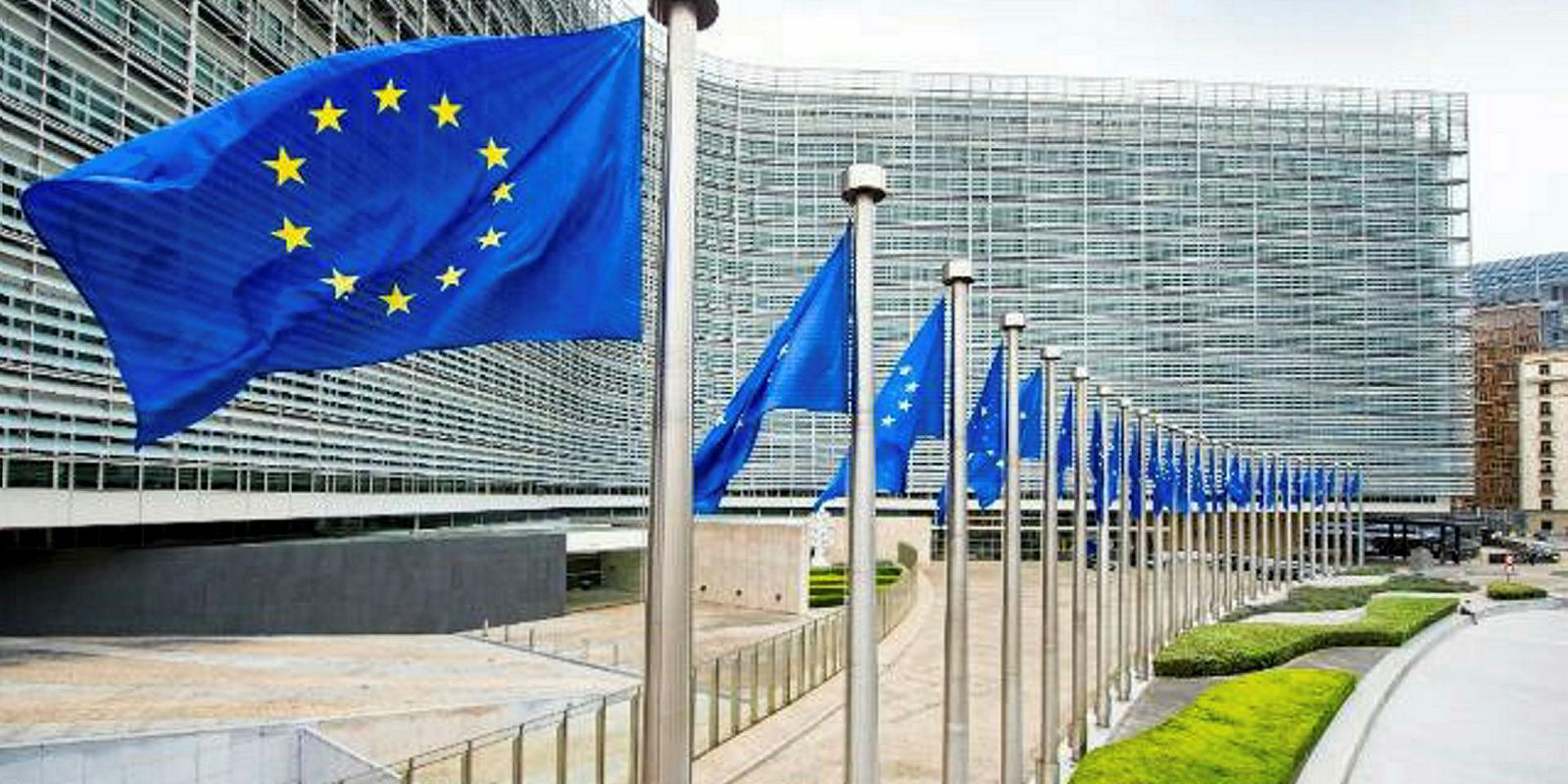As owners of European-flag ships face an end-of-year deadline requiring them in future to recycle their vessels only at approved yards, controversy continues to rage over the adequacy of the 26-strong list of facilities and its exclusion of the Indian subcontinent.
On one side is Brussels, which regards the list as a sufficient starting point for implementation of the EU’s Ship Recycling Regulation (SRR). On the other are shipowners, who question whether the facilities will be able to cope.
Pitched into the wrangling are yards in India, which claim they warrant joining the list because of infrastructure, mechanical and labour improvements over recent years. Fears have been expressed that it could be many months before the facilities are allowed to join the SRR-approved recyclers — or maybe never.
December deadline
And while counterclaims are rife, only the months ahead will prove whether the EU gamble of allowing implementation of the SRR before more capacity is added is a wise decision.
It was intended that the regulation should enter into force when the list comprised 2.5 million ldt of annual recycling capacity, but if this was not achieved by the end of this December then it would kick in anyway.
The list, officially published last week, totals just 1.7 million ldt in capacity but the EC believes, based on calculations by the European Maritime Safety Agency (EMSA), that this still exceeds demand.
The EMSA calculated from data collected over the past five years that the annual scrapping capacity requirement by ships flagged in the EU was slightly below 600,000 ldt.
But the 1.7 million ldt is a theoretical maximum output for the approved yards — including three outside the EU — whereas capacity calculated on actual scrapped tonnage in a given year is just over 600,000 ldt.
The EMSA figure took into account the fact that many EU-registered vessels are flagged out prior to recycling, often via selling to cash buyers, and potentially side-stepping European regulations.
Noose is tightening
However, after Dutch shipowner Seatrade was found guilty of breaching the European Waste Shipment regulation by selling four reefer ships for demolition outside the OECD, the noose is tightening and the demand for vessels to be flagged in EU countries could grow. European countries and the EC itself are said to have recruited more people to monitor implementation of the SRR.
EC sources also say they are well aware that not all approved yard capacity will be permanently available, as scrapping ships is not always the core activity of facilities.
Also, if the UK leaves the EU, listed yards such as Able UK, Swansea Drydocks and Harland & Wolff would have to reapply for inclusion.
There is this misconception that Turkey can only recycle smaller and regional vessels
Much concern also surrounds the ability of yards on the list to recycle large vessels.
Dimitri Ayvatoglu of Turkey's Leyal Ship Recycling Group says the recent inclusion of two of his company’s facilities, and potentially six more from the country that have applied, will answer that challenge.
“There is this misconception that Turkey can only recycle smaller and regional vessels," he tells TradeWinds.
In fact, Turkey has recycled VLCCs, large floating production, storage and offloading vessels, and floating storage and offloading vessels, as well as capesize bulkers and post-panamax containerships.
The largest asset ever recycled in the country was the SBM Offshore-owned FPSO Kuito with a lightweight of 48,000 tons.
Big-project experience
Other big Turkish demolition projects — as well as four aircraft carriers by Leyal in the past eight years — include the 30,000-ldt Chevron suezmax Altair Voyager and the 38,000-ldt Transocean drillship Deepwater Discovery. CMA CGM, AP Moller-Maersk, NYK Line, K Line and Wallenius Wilhelmsen have all scrapped vessels in Turkey.
Ayvatoglu says more shipowners are paying attention to the technical and operational aspects of individual recyclers, and recently also downstream waste management. Price differentials with the Indian subcontinent has become less of a factor, he claims.
Turkey’s advantage over India has been its deepwater, enabling the landing of complete vessels, whereas in the subcontinent it has been difficult to avoid material falling into the sea or tidal zone when ships are beached.

But Narinder Dheir, of cash buyer NKD Maritime, says it does not make sense to include Turkish yards on the approved list and exclude Indian facilities, many of which have invested heavily to improve.
At Shree Ram Vessel Scrap, with which he is associated, Dheir says recycling is now carried out ashore in designated areas, staff are properly trained, workers are housed in dormitories and processes are now highly mechanised. He estimates shiprecycling in India employs one-third less people than 10 years ago because of mechanisation.
Dheir claims only a very fine line exists between beaching in India and the landing of vessels for scrapping in Turkey. "I think it is a matter of interpretation," he says, while stressing the importance of including Indian recyclers to meet demand now and over the next 10 years scrapping, especially for large ships.

A total of 13 Indian yards have applied for inclusion on the approved list, with Shree Ram and Priya Blue Heavy Industries having been inspected.
After years trying to find out what the difference is between EC-acceptable landing and EC-unacceptable beaching, I still have no idea, except of the tidal range, in for example, Turkey and India, and the focus of NGO campaign
'Anti-beach bias'
Henning Gramann, chief executive of Green Ship Recycling Services, says he fears that some requirements in the EU’s SRR have been formulated so that beaching yards fail to qualify.
“Some vague wording has been introduced which can be interpreted depending on the intentions,” he says. Sources within the EC deny this.
Gramann suggests there remains an anti-beaching bias by those running the rule over Indian yard applicants.
“After years trying to find out what the difference is between EC-acceptable landing and EC-unacceptable beaching, I still have no idea, except of the tidal range, in for example, Turkey and India, and the focus of NGO campaigns,” he says.
International Shipbreaking of the US has been included on the approved list but Hamburg-based Gramann questions whether this capacity will ever be used because of waste import restrictions.





